Can jittery Biden stop conflict going global?
2024 could be the year of three wars and three peace settlements. But don’t hold your breath. Escalation in Gaza could add to the possible mutation of conflicts over Ukraine and Taiwan.
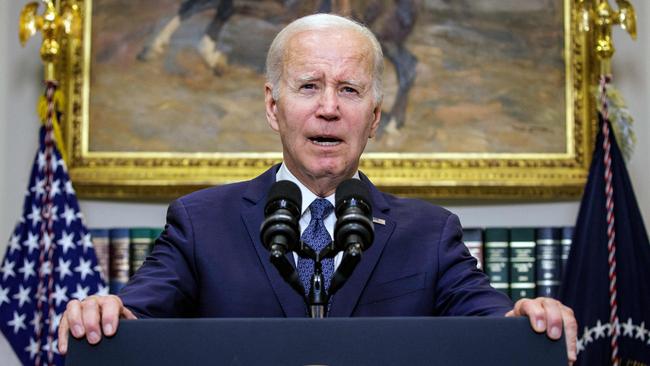
As Joe Biden arrives in Israel today (Wednesday) he will have two US carrier strike groups at hand in the eastern Mediterranean to back him up. The American president wants, obviously, to demonstrate leadership at a time when his country’s governing apparatus is gummed up. And he wants to show solidarity with Israel (an absolute precondition for his re-election next year) while urging the country to show restraint.
Beyond this performative diplomacy, though, there is a strategic priority: to prevent the Gaza war from turning into an all-out regional bust-up. The US is already neck-deep in the 600-day Ukraine war, a conflict that is getting more ragged and more prone to a sudden Russian escalation. Vladimir Putin’s blockade of Black Sea ports has given it a global dimension; so has his rumbling threat of tactical nuclear weapon use and Moscow’s hints that it might spread the conflict into Moldova or prod a sharp stick into the eastern flank of Nato.
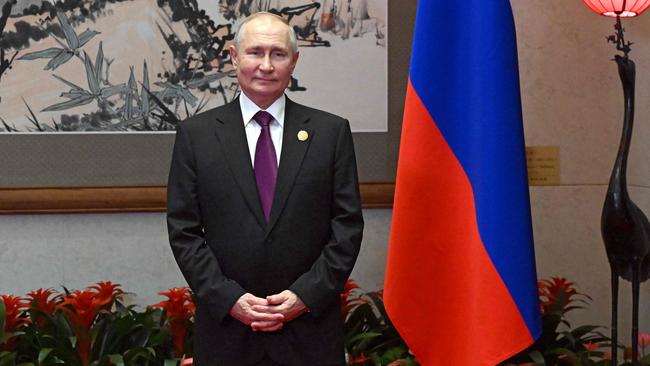
Gaza, too, threatens to spill over. Hezbollah, with its 100,000 men, is the biggest, best-armed irregular force in the Middle East. Iran, its patron, has the capacity to stir trouble in Yemen and Iraq. That kind of concerted proxy action would soon put paid to Biden’s dream of an American exit from the Middle East. Egypt, Jordan and Lebanon are all wobbly. A US-brokered Saudi-Israeli entente now seems to be as remote as La-La land. And the overlap between the war in eastern Europe and the war in the Middle East is becoming all too clear.
Iran has been appointed the official drone supplier to the court of Putin, who adapts them and sends them hurtling towards Ukrainian cities. It will only be a matter of time before Russia closes Syrian airspace to Israeli jets as they make their raids on Iranian arms depots and firing positions. The ambiguities of the past decade are disappearing fast, giving way to the kind of alliance systems that formed before the two world wars of the 20th century.
As a result 2024 is shaping up to be a frightening year. Not only will the Ukraine and Gaza crises be mutating and probably expanding through the winter, the year kicks off with a presidential election in Taiwan. A leading candidate for what is probably the loneliest job on the planet is Lai Ching-te, a sharp critic of the communist regime on the mainland.
Until now the western calculation has been that Xi Jinping would wait until 2027 before forcing China’s will on the island and swallowing it up. But that may be out of date. The Chinese military academies have been studying the Ukrainian war with interest. One reasonable assumption they’re making is that Taiwan will try to imitate Ukrainian resistance techniques. And America, having pivoted towards Asia, cannot simply afford to let Taiwan go uncontested. The commitment to Taiwan would have to be even deeper than that given to Ukraine. To do otherwise would amount to an American loss of face and credibility across Asia.
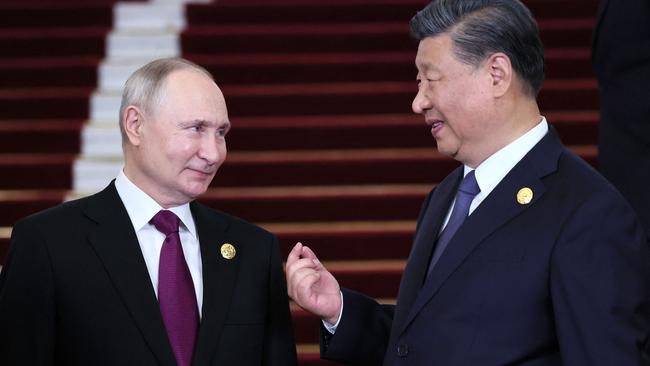
Xi’s gamble may thus be: if the Taiwan election goes against him, better act quickly with an escalating blockade. America would be caught napping in an election year: faced with a choice between arming Ukraine, Israel and Taiwan, it backs down. Or there’s a fight - fast and furious. On all battle fronts? If so, that would amount to World War Three, with or without the use of nuclear weapons, across three continents, three spreading and interactive conflicts. Russia, China and Iran increasingly behave as if they are the Axis powers of this next world war.
Biden is of the Cold War generation of politicos who constantly bounced around the prospect of an Armageddon war, its unwinnability, its moral complexity. This has informed his conduct of the Russia-Ukraine conflict, withholding weapons systems that can directly threaten Russia, nervous that zealous Ukrainian commanders will tug America faster towards an all-out frontal scrap with Moscow.
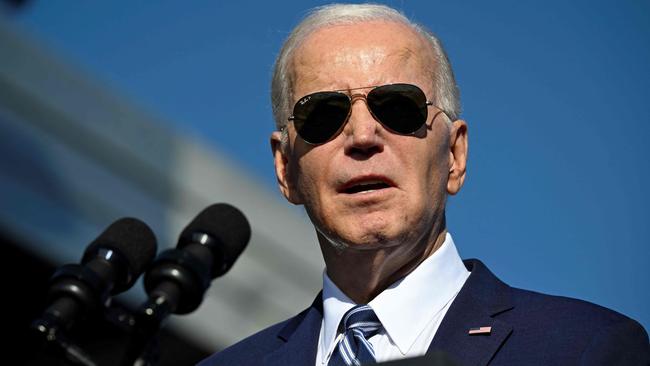
Bit by bit he has been persuaded to be more ambitious in the weapons that he supplies and in the sharing of actionable intelligence, but he remains fearful. A Taiwan face-off with China would be the last big test of his presidency. The president who thought he would go down as the man who buried the Afghanistan war could end up presiding over the compression of three new wars. If he looks jittery it may not be down to advanced age as much as to alarming predictions about the very near future.
It will bring him no comfort to see that Putin, too, is in a state of panic. Five phone calls this week from the Kremlin chief to the leaders of Israel, Iran, Egypt, Syria and the head of the Palestinian Authority, followed by a visit to China and talks with Xi Jinping. This rare diplomatic flurry was probably conceived as an act of special pleading - help me bring Kyiv to the negotiating table to secure a Russian-friendly peace and avert a global slide into the abyss - and it will have brought no pleasure to his counterparts. His calls rarely do. In Russian secret police slang “a call to Putin” (zvonok putinu) is a euphemism for inflicting electric shocks to a prisoner’s earlobes.
2024 could be the year of three wars and three peace settlements. But don’t hold your breath. Peace in any of the active or looming conflicts demands political will on the part of the participants but also the international organisations that were set up after the last world war to restrain and punish invaders. So far, because of Russian and Chinese machinations, they have been missing in action.

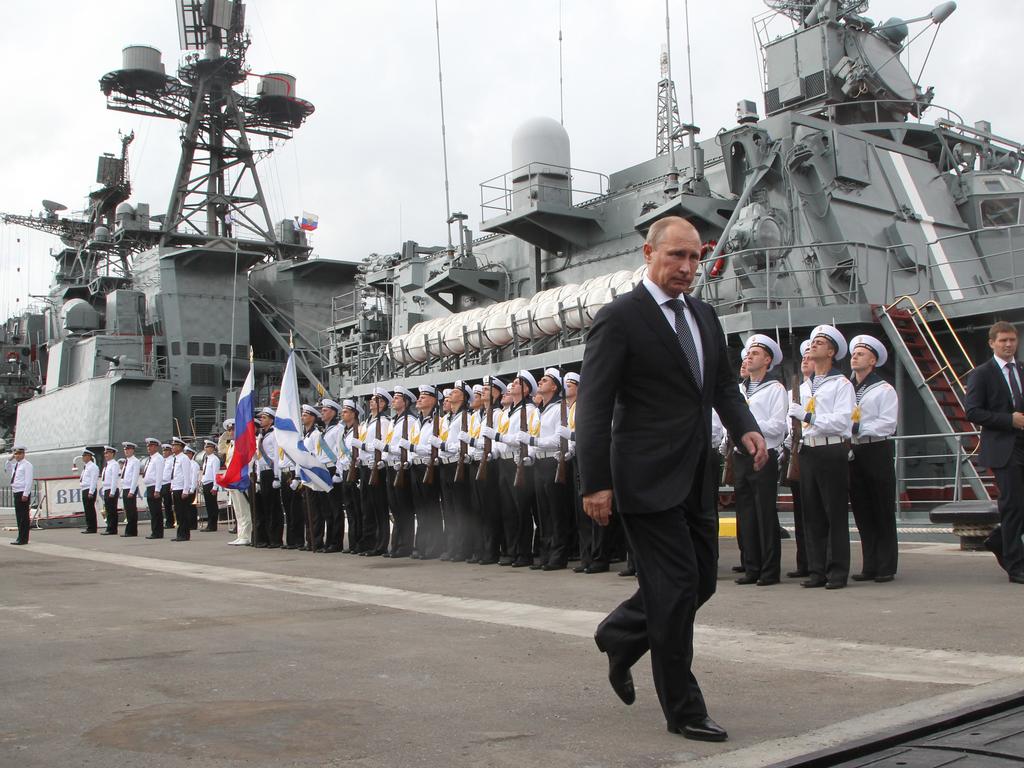

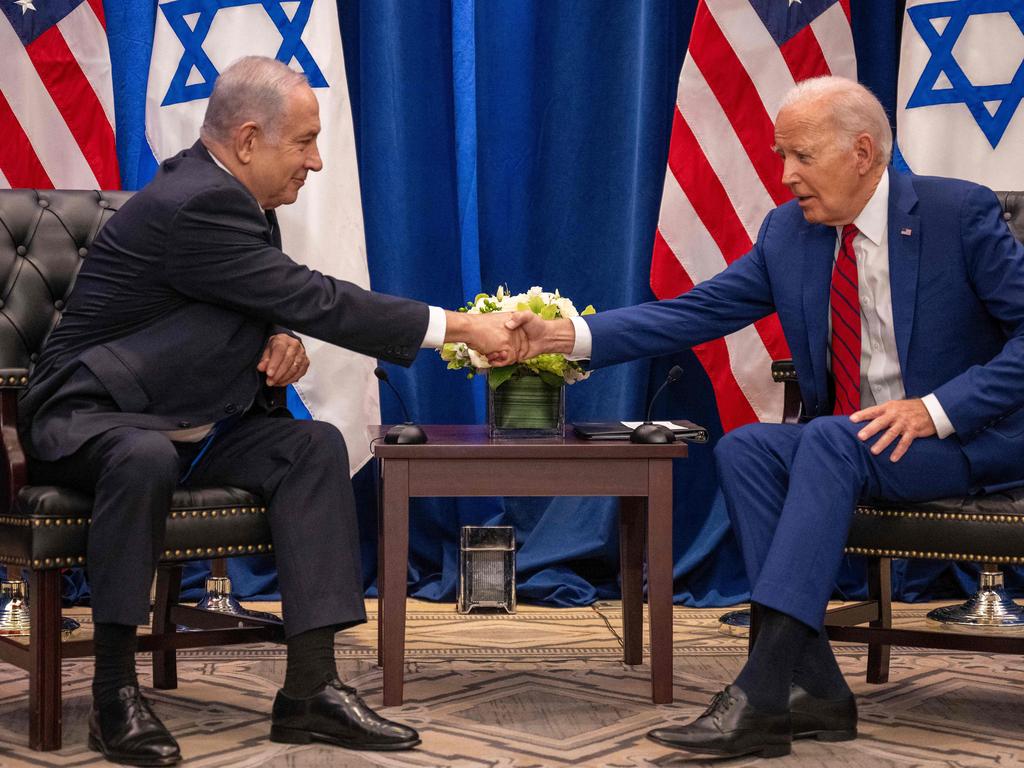
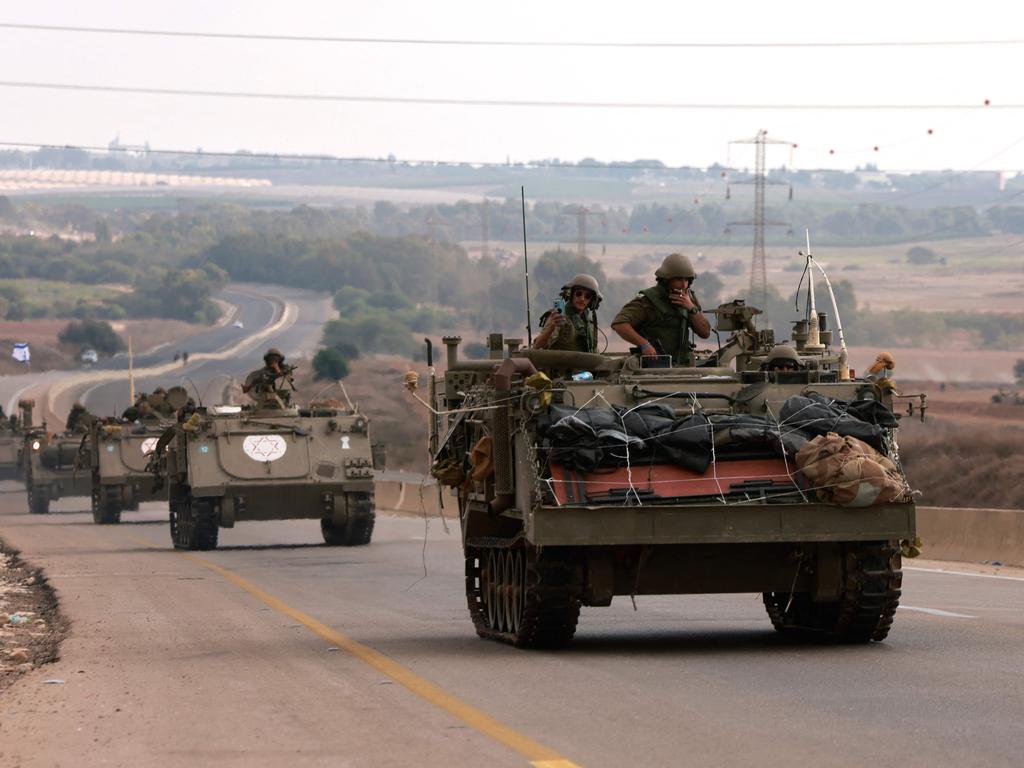
To join the conversation, please log in. Don't have an account? Register
Join the conversation, you are commenting as Logout